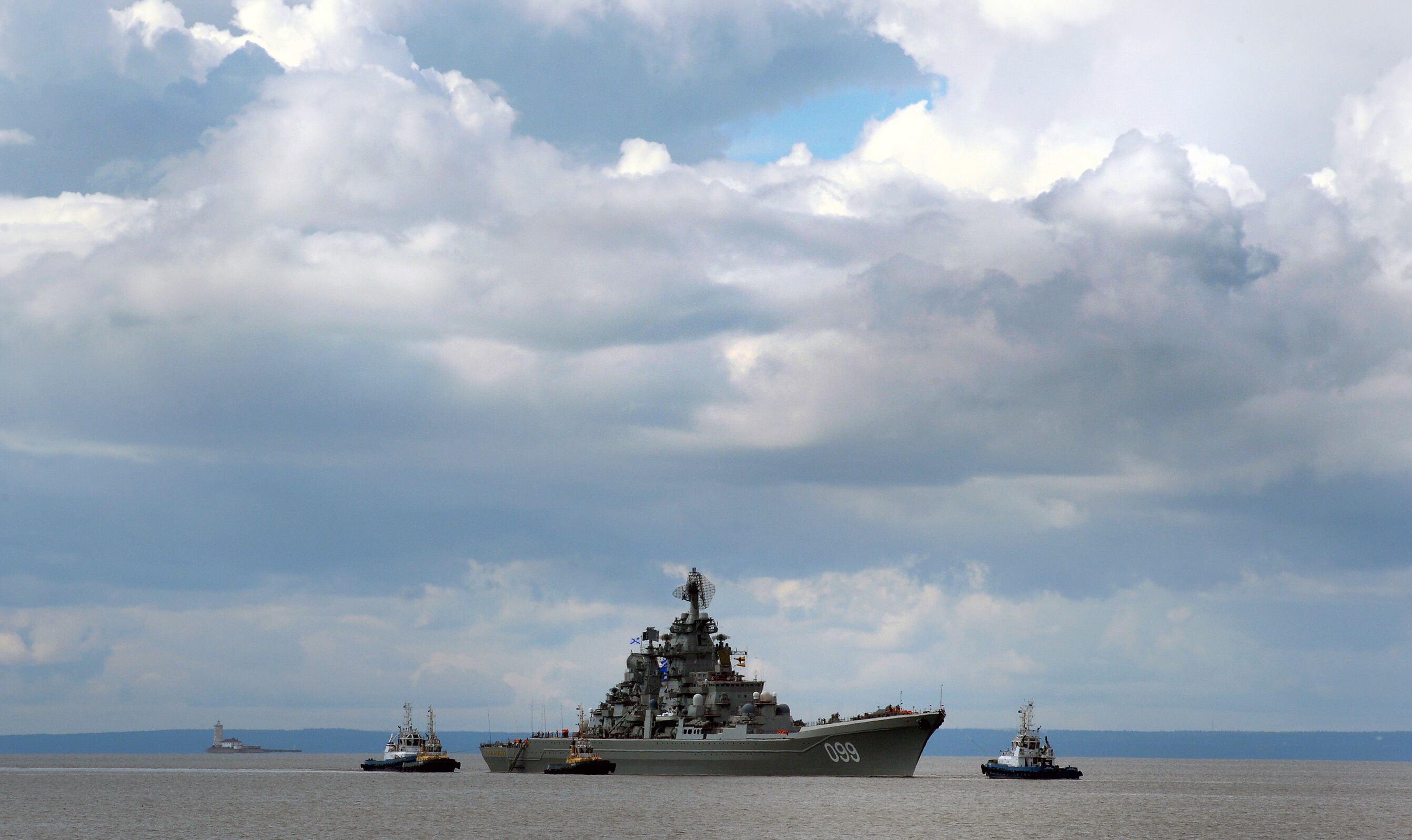Like most industries, defense manufacturers and service providers were severely affected by the enforced lockdowns that came in the wake of the global COVID-19 pandemic and had to adapt quickly to rescue their businesses from unprecedented challenges, with unpredictable consequences. Still, today, it remains extremely difficult for the industry to measure the implications and predict when the post-coronavirus world will arrive, and what it will look like.
The outlook for the industry is the subject of much speculation and debate in boardrooms throughout the sector, requiring sober and rational consideration of the information at hand. In an ideal world, evidence-based decision-making should be the norm, but when the evidence is contested, unreliable or unavailable, we are in unchartered territory and industry leaders are faced with complicated choices. Nevertheless, choices must be made.
Most of these problems are universal, given the global nature of the pandemic, but inevitably there are regional differences. In the developing world, and particularly in Africa, the sector is not as well developed as in wealthier countries with a longer tradition of industrialization. But Africa’s requirement for peace and security, and the means to achieve it, is evidently greater than most other parts of the world. There are more peacekeeping operations in Africa than elsewhere, and it is a truism that without peace and security there cannot be the desired socioeconomic and human development of Africa.
RELATED

Much has been made of the projected African Renaissance, Millennium Development Goals, the African Union’s objective of “Silencing the Guns” by 2020 (now extended to 2030), and the African Continental Free Trade Area agreement, among other well-intentioned initiatives. But in the absence of the capacity to equip government authorities with the means to establish and maintain peace and security in large parts of the continent, it is hard to see how the continent can accelerate its development objectives.
The fault lines in Africa that explain the numerous conflicts on the continent are well known and predate COVID-19, but the fallout has intensified them and possibly helped to create new ones. Many cannot be solved by military means, nor by law enforcement, as the underlying causes lie much deeper; but when conflicts break out, governments have a responsibility to protect their citizens from violence and insecurity.
At this point, the capability of Africa’s defense industry to support governments, the U.N. and the AU with the appropriate means to deal with these threats becomes key to the continent’s prospects for peace and security. Industry leaders take this responsibility seriously — countries in large swathes of the continent face existential threats, and their citizens live in increasingly precarious circumstances that cannot be acceptable.
Often overlooked is the fact that, historically, the defense industry has been the source of much scientific, industrial and engineering innovation, producing many of the inventions that have been commercialized for the civilian world and have played key roles in advancing the quality of life for billions of people across many different areas of human endeavour. It is an industry that has attracted some of the brightest and most talented minds and continues to do so. The shorthand description of the sector, often encountered in journalism and academia, as the “arms industry” or the “weapons industry” is misleading, as only a small fraction of it involves equipment intended for lethal purposes. Advances in space exploration, for one example, provide ample evidence of this.
This offers a useful point of departure for considering the defense industry’s future evolution in Africa. Few countries on the continent have an indigenous defense manufacturing capability and mostly rely on imported equipment that is not always designed to adequately address local requirements. The few countries that have some capability and have survived the lockdowns will be looking to expand their operations, both to support their general industrial development and to supply their agencies with better means to protect their citizens.
Threats to civilians in Africa, however, are not restricted to arbitrary violence inflicted by guns and bombs. There are other existential challenges that relate to food and water security, communicable diseases, migration and uncontrolled urbanization, piracy at sea, deforestation, plundering of natural resources, and wildlife poaching, among others. These come closer to the underlying causes for many conflicts than their violent manifestations and are areas in which Africa’s defense industry should be preparing to find innovative solutions.
Some have already developed new systems and approaches to these issues, in the aerospace, land, naval and cyber fields, as I can personally attest. Some refer to this as the manufacturing of dual-purpose equipment, which is correct, but it goes much further than that. It might be better described as fit-for-purpose effort, as Africa is a vast continent with over a billion inhabitants, and it is growing rapidly. Conditions vary greatly across Africa, as do the circumstances on the ground for which solutions have to be sought.
This is where the long experience of dealing with African conflicts and their causes is especially valuable, and partly why international agencies often fail, owing to an incomplete understanding of what it takes to find solutions. By African standards, an enormous amount of capital investment, intellectual and engineering assets, and sheer determination has already gone into developing unique solutions, and more will now be required to deal with the realities of the post-coronavirus world.
The African defense industry, especially its private sector that does not rely on local government subsidies and contracts, has always had to be agile and nimble footed to grow and prosper in this environment. This is an advantage, in that it can adapt very quickly to changing circumstances because it has always sought to be ahead of the problem and equipped to meet new challenges with fit-for-purpose solutions.
Ivor Ichikowitz is the founder and executive chairman of Paramount Group.








